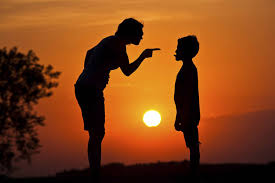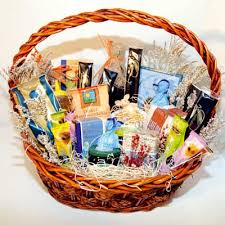When Biography Affects Biology, part 2

In the last issue, I described recent research into a phenomenon called adverse childhood experiences, or ACEs. Studies show that abuse and neglect, exposure to domestic violence, household substance abuse, parental mental illness, parental separation or divorce, or an incarcerated household member, affect people into adulthood and can even decrease their lifespan. They are more likely to struggle with alcoholism, drug abuse, and depression as well as cancer, heart disease, and chronic lung disease. While, trauma in childhood has been called “the greatest public health issue of our times,” it is often hidden and unrecognized.








